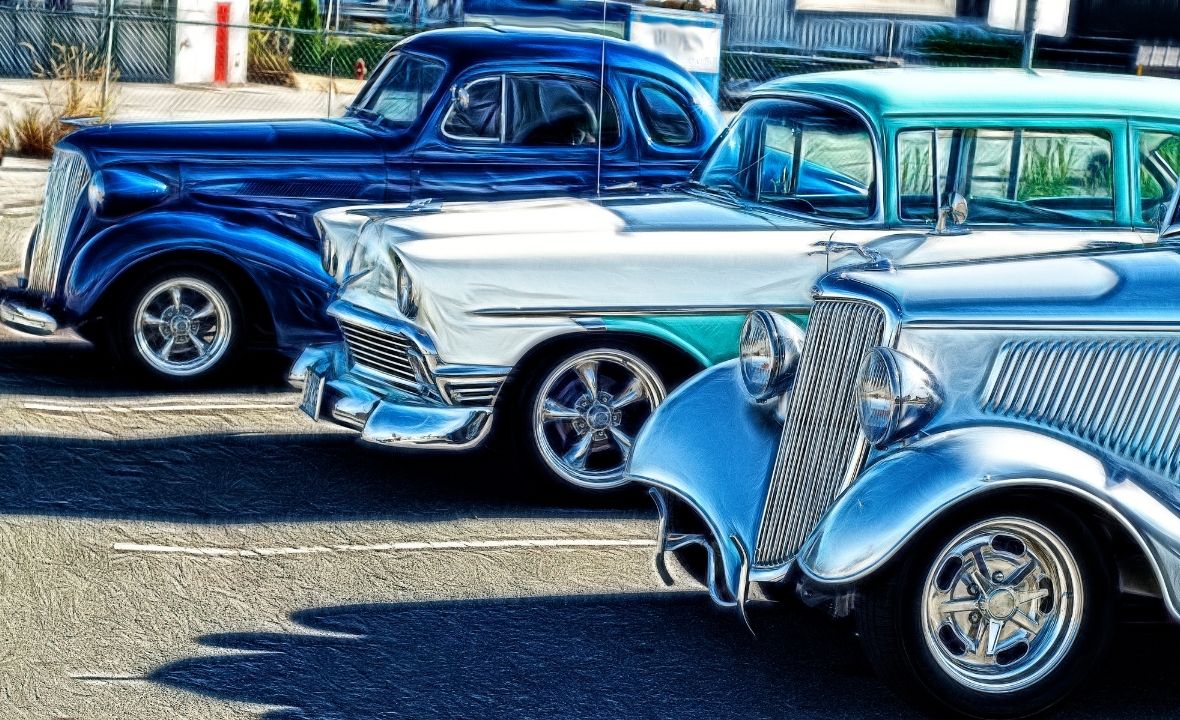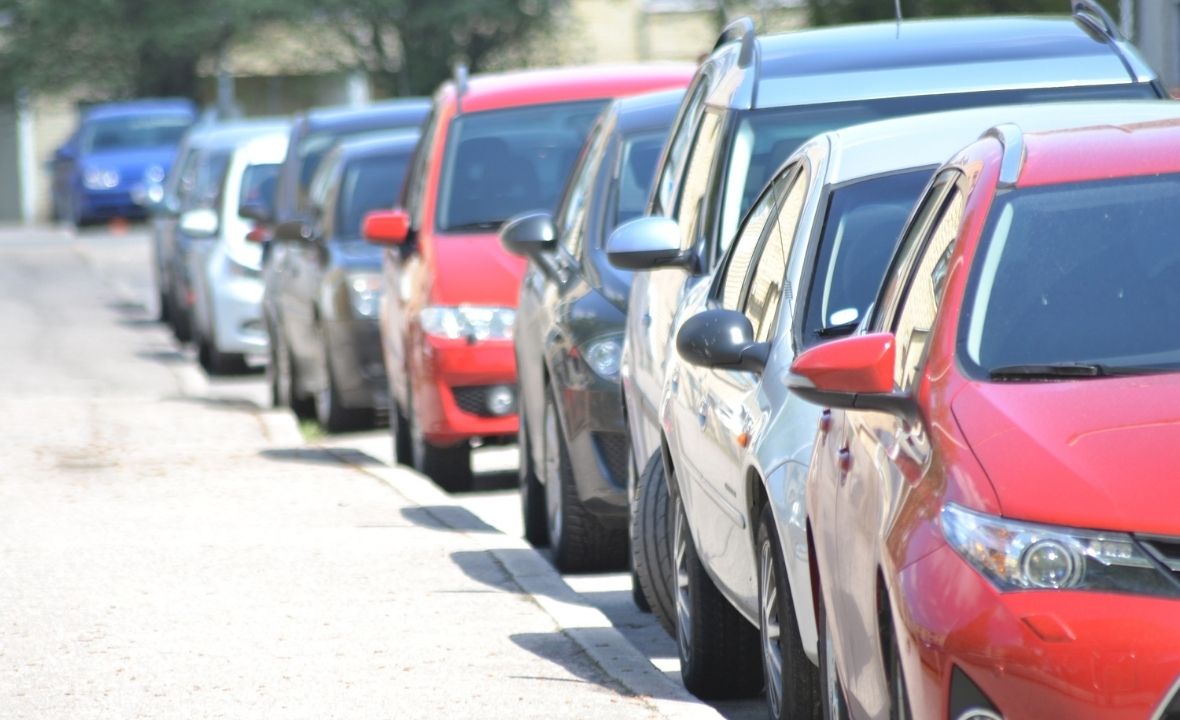Is it safe to buy a salvage car at car auction? This is a question that many people ask before they decide whether or not to purchase a vehicle that has been damaged in an accident. The answer, unfortunately, is that there is no one definitive answer. Buying a salvage car can be risky, but it can also be a great way to get a good deal on a vehicle. In this blog post, we will discuss the pros and cons of buying salvage cars and help you decide if this is the right option for you.
What is a salvage car and how is it different from other cars on the market?
A salvage car is a vehicle that has been damaged in an accident, flood, or other event and declared a total loss by an insurance company. Salvage cars are different from regular used vehicles because of the extent of damage they have incurred.
Here are some things you should consider first:
1. Title history – Make sure you do your research on the title history of the salvage car. Is it properly documented? Is there any indication of fraud or theft? Is the title clear and free of liens?
2. Cost – How much will it actually cost to repair the damage on the car? Is this more than you expected to spend in a traditional used car purchase? It’s important to be realistic about what repairs are necessary and how much they will cost so that you don’t end up with an expensive fixer-upper.
3. Repair history – Ask for a detailed list of all repairs done on the vehicle, including information on who completed them and when they were done. This helps you make sure that all of the necessary work was completed correctly and by an experienced mechanic.
The benefits of buying a salvage car over a used car
When considering buying a salvage car at an auction, there are several aspects you should think about before making any decisions. First and foremost, you should always get a full vehicle history report to make sure that the car has not been in any major accidents or had any structural damage. If the vehicle has had any significant repairs or modifications done, this can impact its safety and value significantly. It is also important to inspect the interior and exterior of the car for signs of wear-and-tear as well as rust spots or other damage.
How to inspect a salvage car before you buy it?
When you attend a car auction, there are certain steps you must take to ensure that the salvage car is safe before committing to buying it. Here are some tips to help you inspect the vehicle:
1. Check the Vehicle Identification Number (VIN). The VIN will tell you if the car has been salvaged or not. If it has been salvaged, make sure to confirm how many times the title has changed hands and what type of salvage work was done on the vehicle.
2. Get an independent inspection from a certified mechanic. Have them look over both cosmetic and mechanical elements of the vehicle such as brakes, suspension, engine parts, transmission, etc., to determine if any additional repairs may be needed in the future.
What factors should I consider when deciding whether to buy a salvage car at auction?
When it comes to deciding whether or not to buy a salvage car at auction, there are several factors to consider. Firstly, it’s important to research the car’s history to determine the extent of the damage and the cost of repairs. Knowing the total cost of repairs and the estimated value of the car after repair will help you determine whether or not it’s a worthwhile purchase.
û Secondly, you should take the time to inspect the car. It’s important to ensure that the car is in good condition and that any repairs needed can be completed. Additionally, look for signs of rust or other damage that may need repair. If the car is in need of extensive repairs, it may not be worth the cost of purchase.
û Thirdly, it’s important to think about the potential resale value of the car. If the car is in good condition and the repairs are done properly, the car may be worth more than the purchase price. However, if the car is in poor condition or the repairs are not done properly, the resale value may be lower.
û Fourthly, consider the terms of the auction. Some auctions may have fees or restrictions that can affect the overall cost of the car. It’s important to read the terms of the auction and make sure you understand what you are agreeing to before bidding.
û Finally, make sure you’re comfortable with the auction process. Auctions can be intimidating and the bidding process can be stressful. If you’re not comfortable with the process, it may not be worth the hassle.
What are the benefits of buying a salvage car at auction?
Buying a salvage car at auction can be a great way to get a good deal on a used car. While it may require some repairs and maintenance, the potential savings can make it a worthwhile investment.
Here are some of the benefits of buying a salvage car at auction:
– Cost savings: Salvage cars are typically sold for less than their market value, which can result in significant savings.
– Variety: Auctions offer a wide variety of cars, including rare and hard-to-find models.
– Flexibility: With auctions, you can buy cars from anywhere in the world and have them shipped to you.
– Transparency: The auction process makes it easy to view the history of the car and determine its condition before bidding.
– Opportunity: Buying a salvage car at auction can be a great opportunity to get a good deal on a car that may have otherwise been out of your price range.
Can I obtain a vehicle history report for a salvage car at auction?
When you’re looking to buy a vehicle at auction, it’s important to know as much as you can about its history. The last thing you want is to end up with a salvage car that has hidden damage or a troubled past. A vehicle history report is a great way to get a comprehensive overview of a car’s history, though unfortunately these reports are not available for salvage cars at auction.
There are, however, other resources you can use to get a better idea of what you’re buying. To start, you can look into the car’s title history to see if it’s ever been declared a total loss or salvage vehicle. You can also check online to see if the car has ever been written off by an insurance company. Additionally, it’s a good idea to have a mechanic look over the car to identify any existing damage or potential problems.
The following steps can help you determine the condition of a salvage car before you buy:
– Check the car’s title history for any salvage declarations
– Research the vehicle’s insurance history to see if it’s been written off
– Look for signs of physical damage on the exterior of the car
– Have a mechanic inspect the car for existing damage or potential problems
– Test drive the vehicle to check for any signs of mechanical issues


